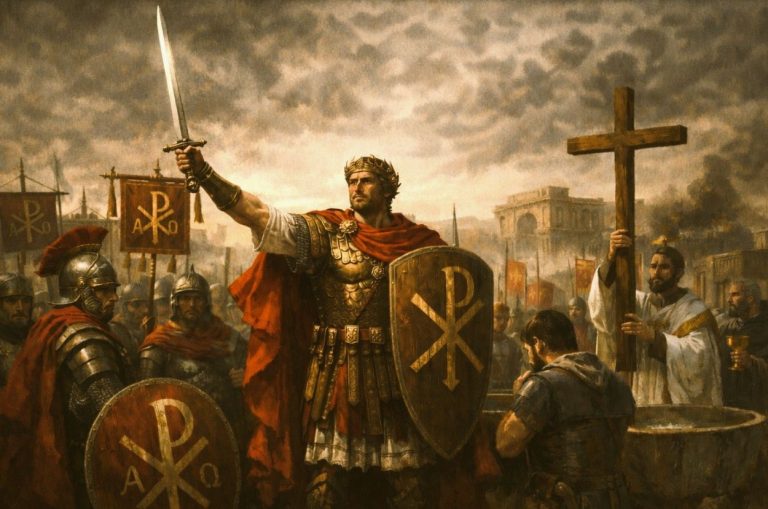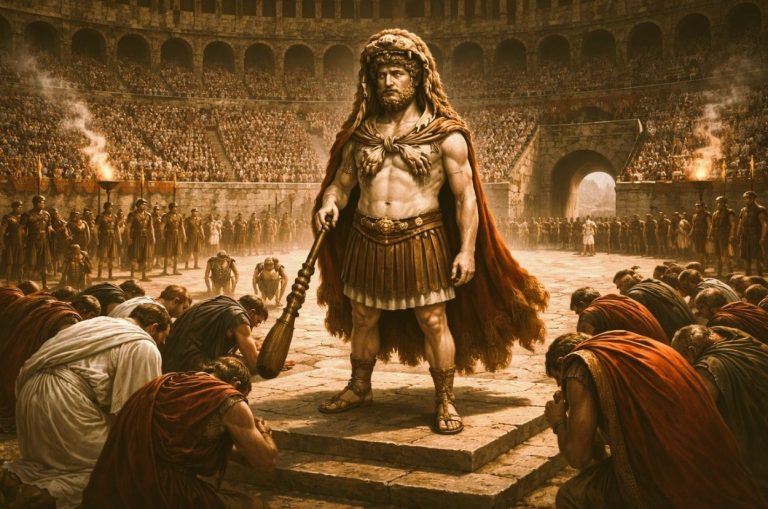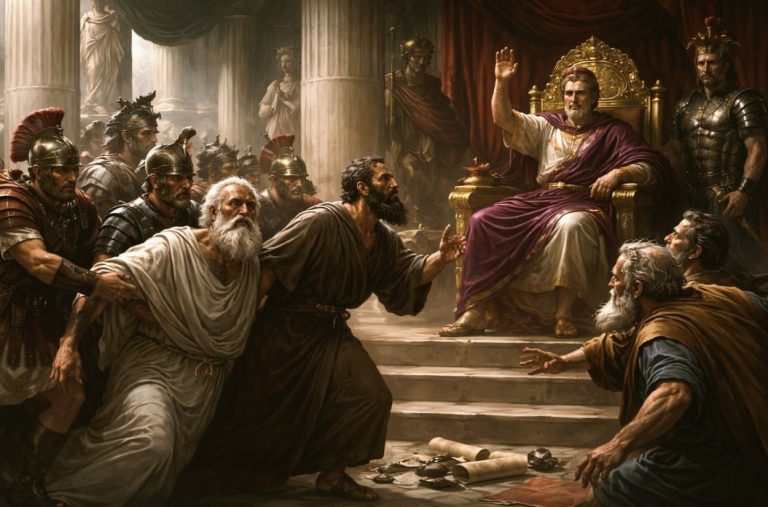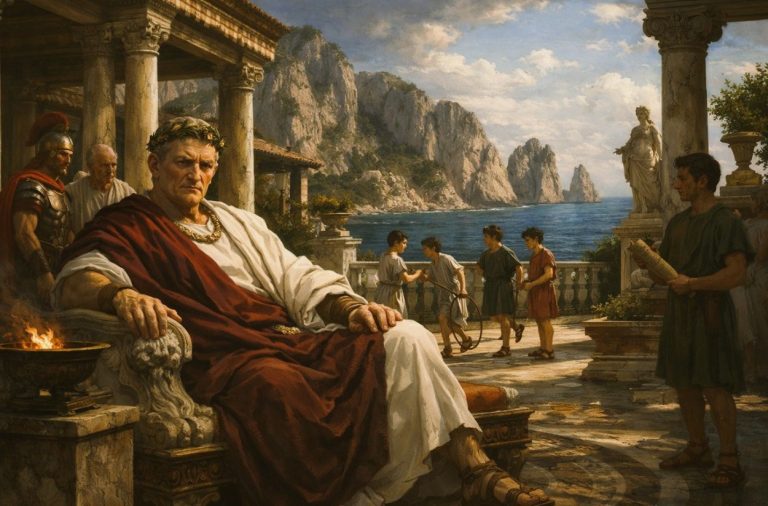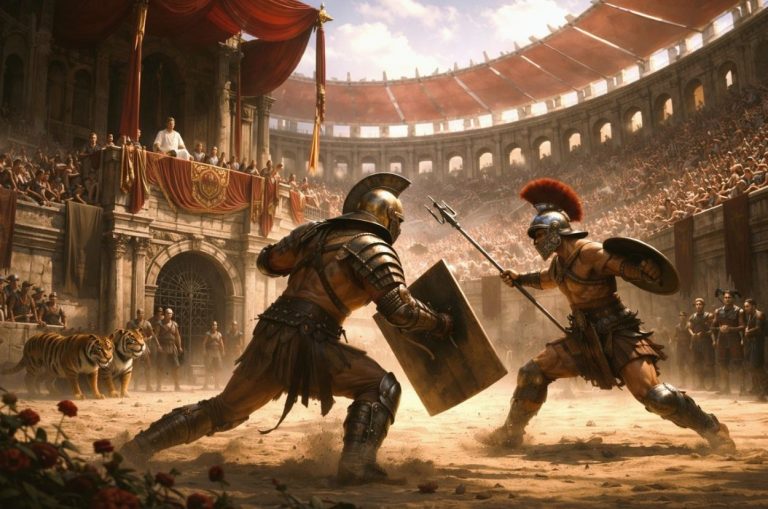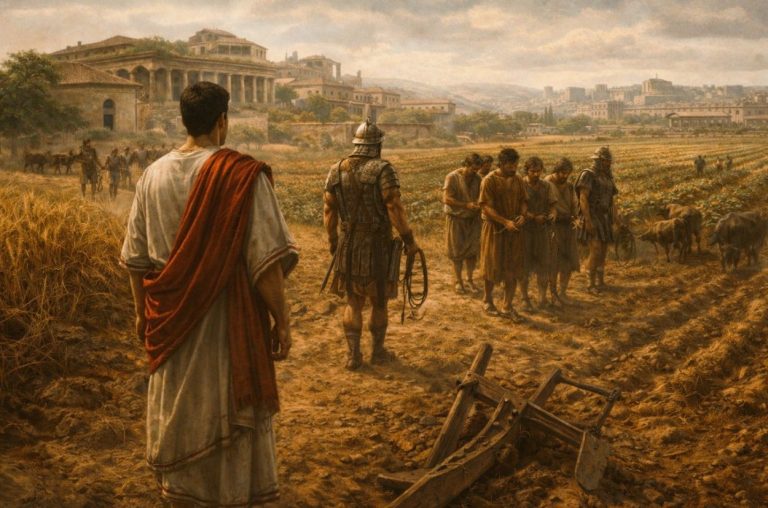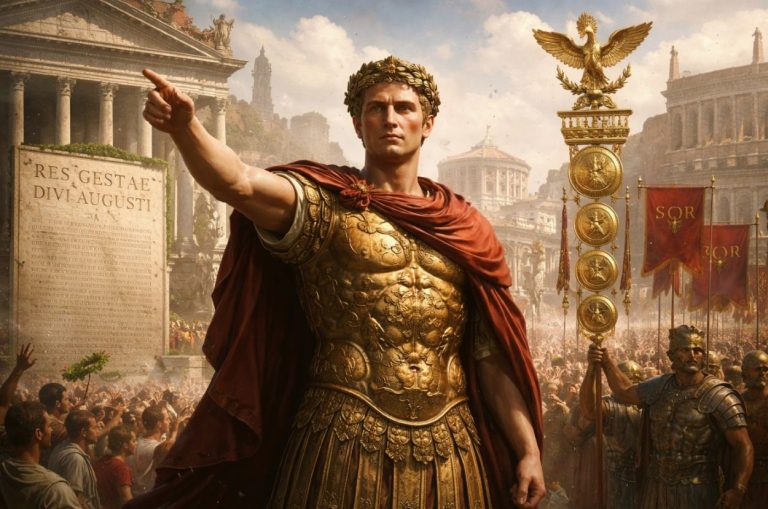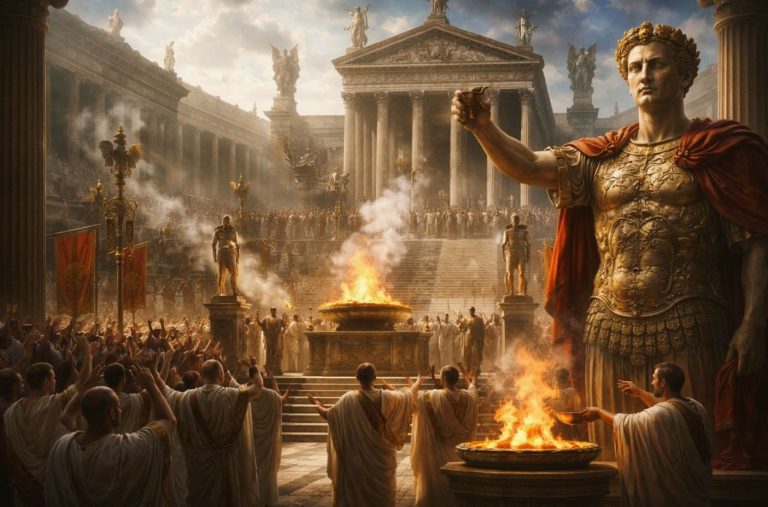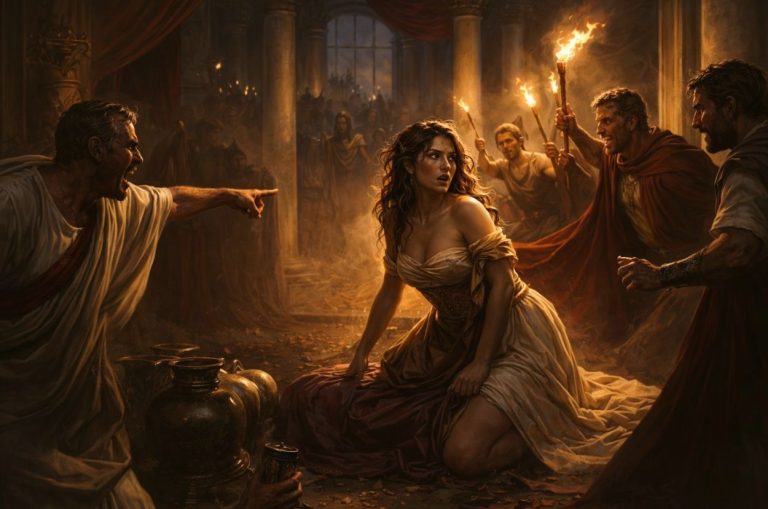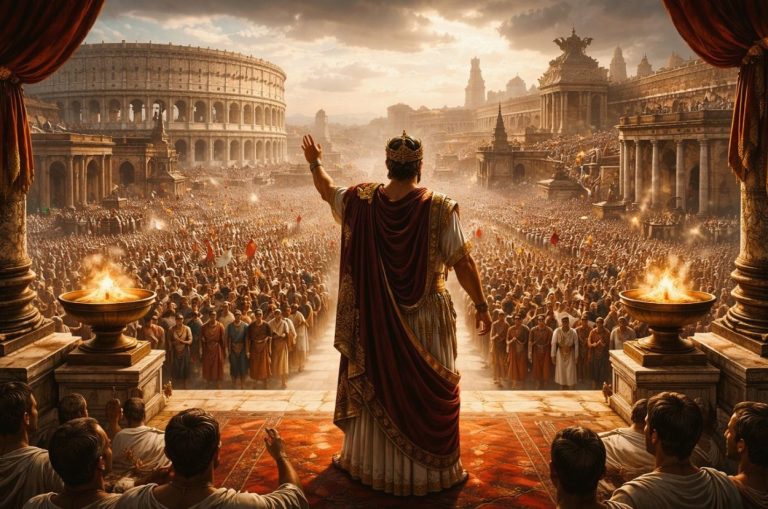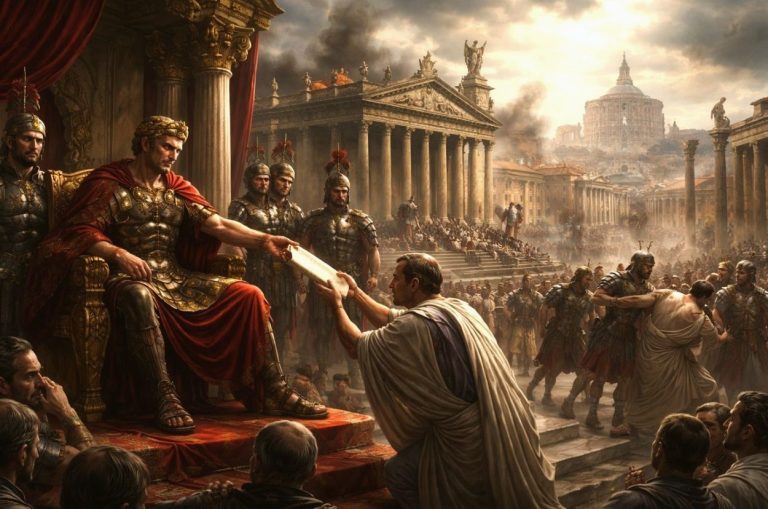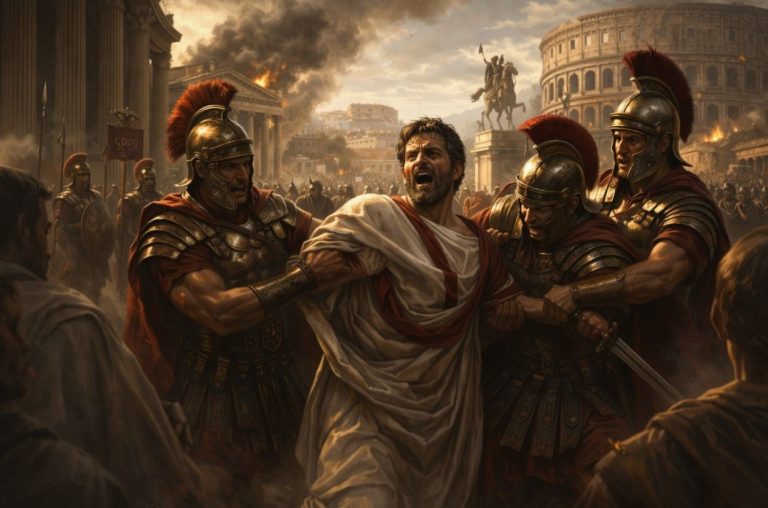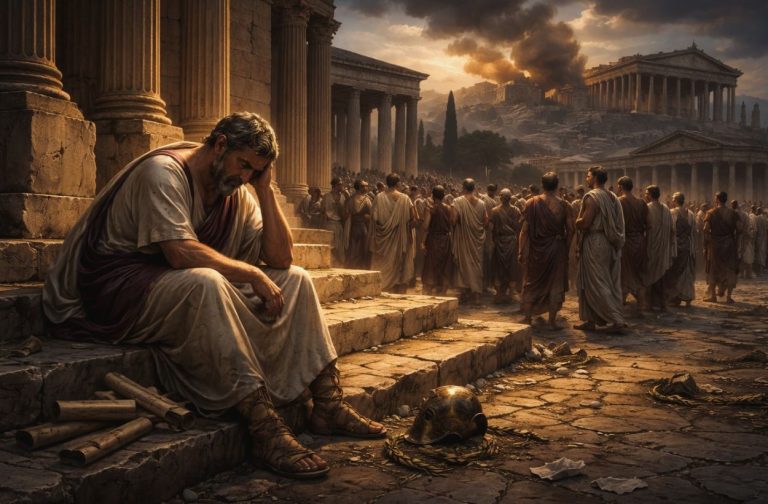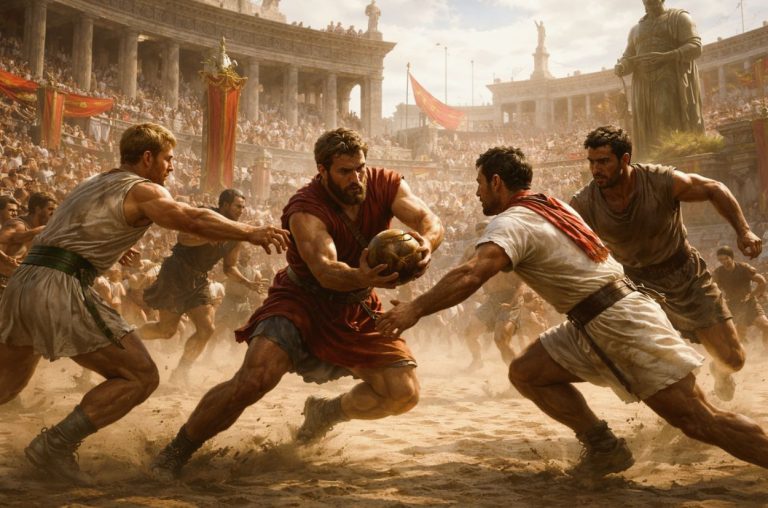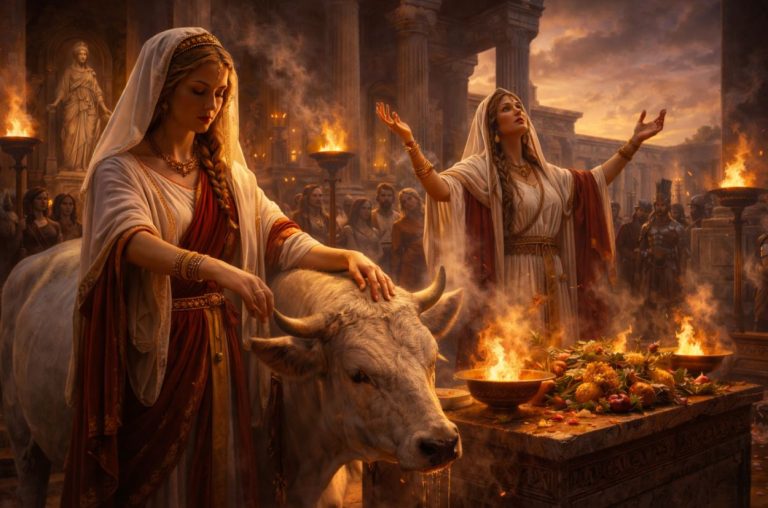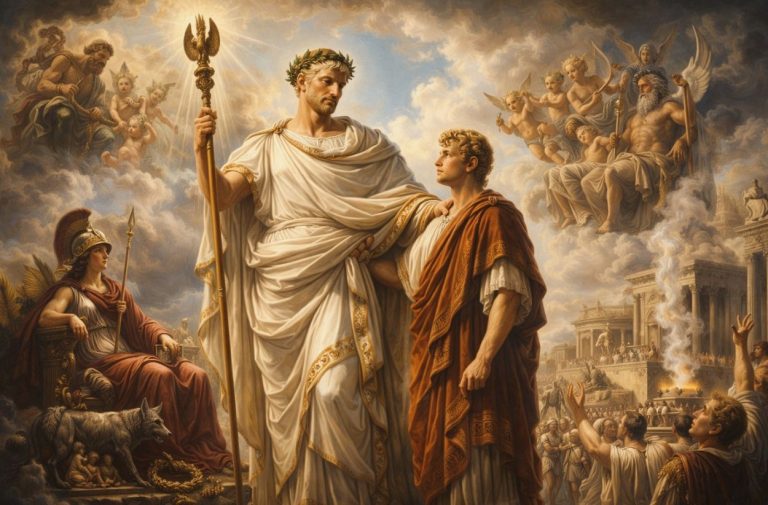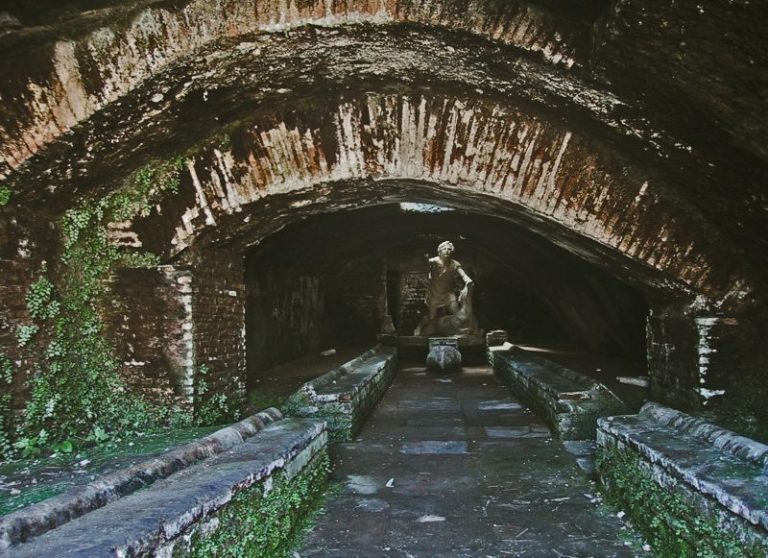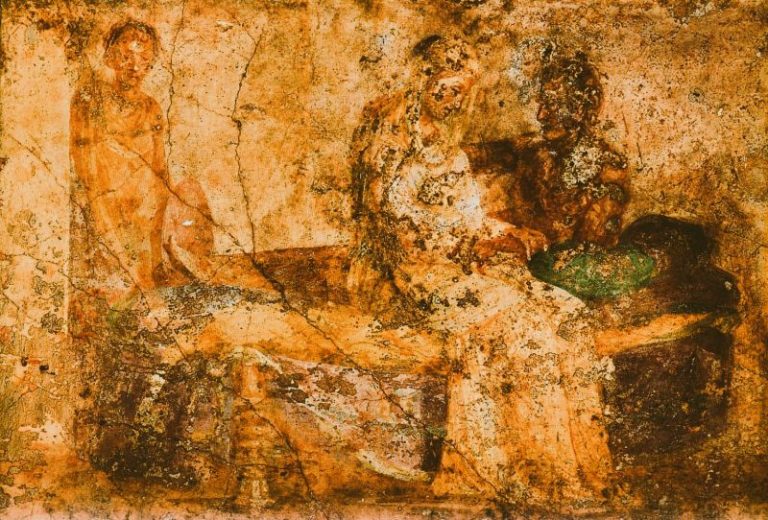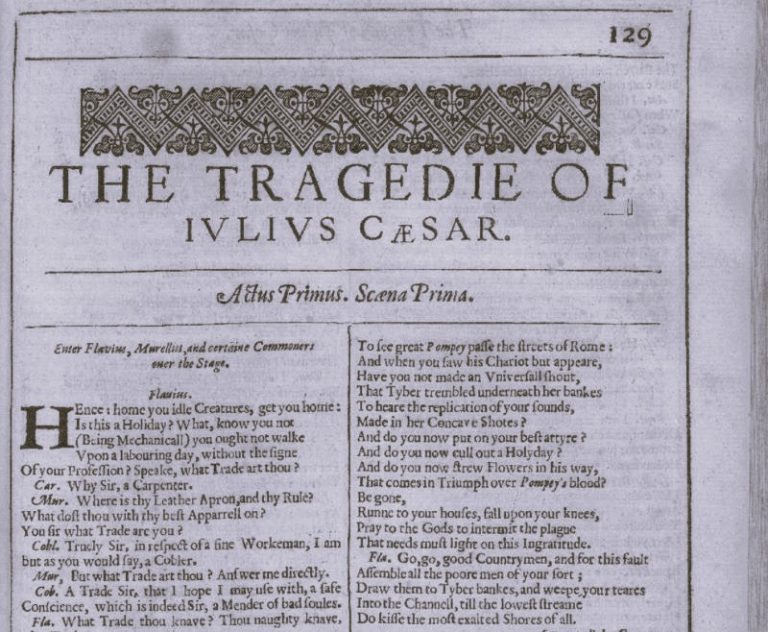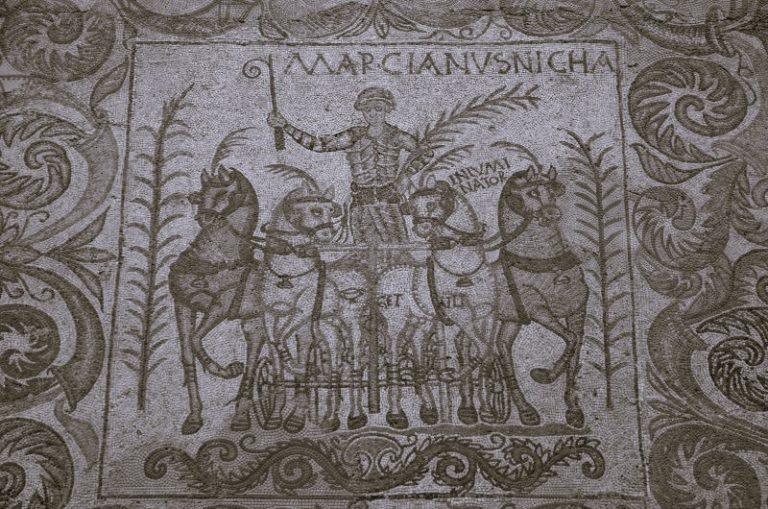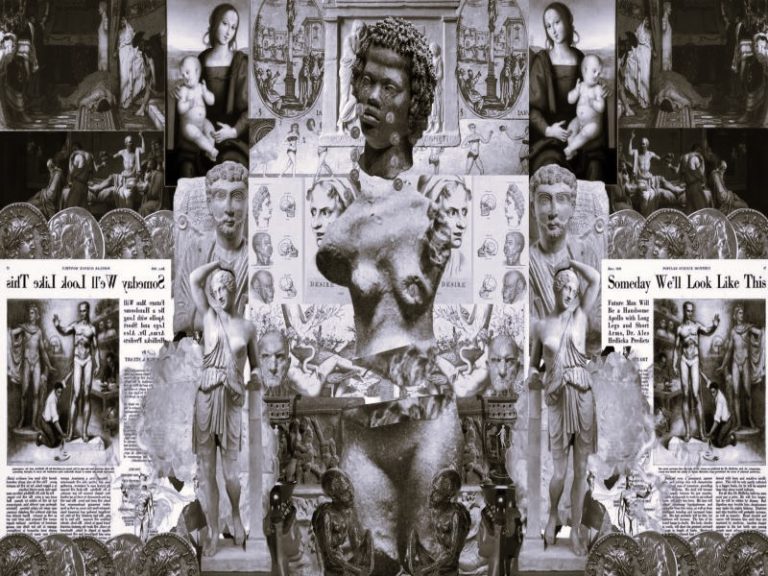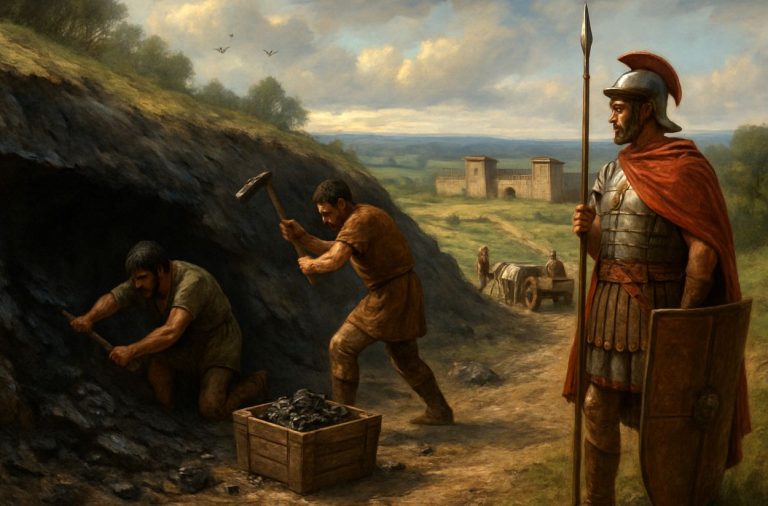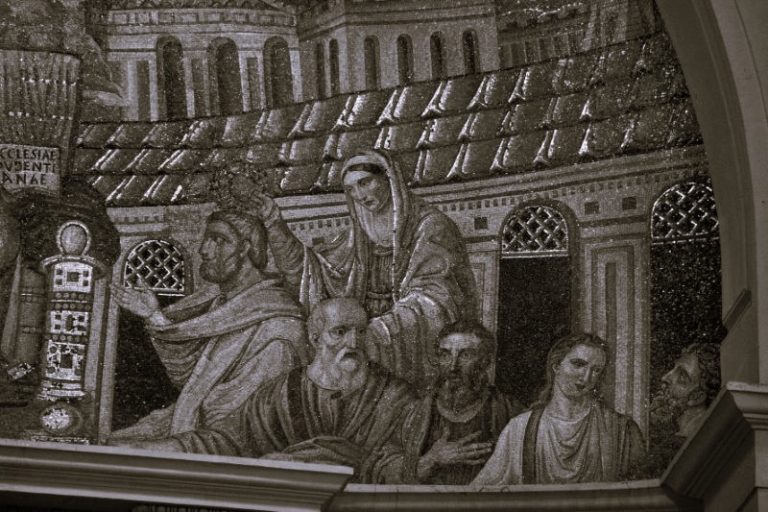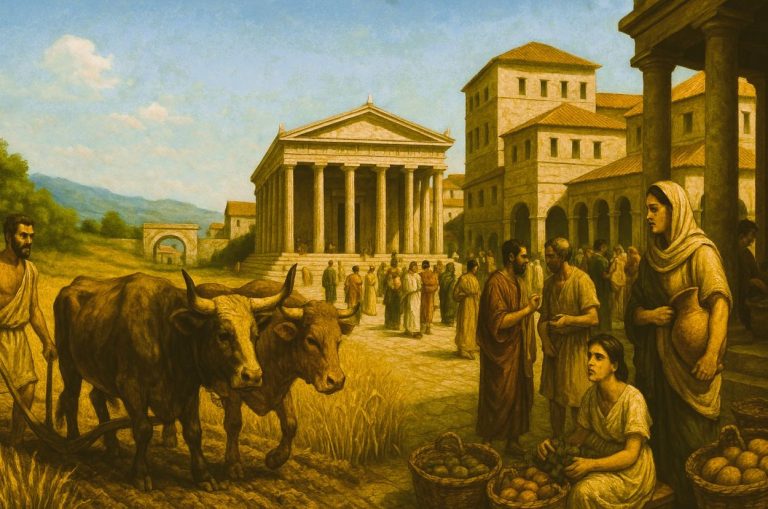In the fourth century CE, Constantine’s embrace of Christianity reshaped the Roman army, entwining imperial loyalty with...
Rome
Under Emperor Commodus, entitlement and staged adulation transformed imperial authority into spectacle, revealing how performance displaced governance...
Under Emperor Domitian, suppressing elite criticism became a governing strategy, revealing how autocratic security and senatorial resentment...
Allegations of abuse on Capri did more than scandalize Rome; they shaped imperial memory, revealing how rumor,...
Constantine’s reign illustrates how religious transformation at the highest level of power can operate as strategic realignment...
The gladiatorial ludus reveals how violence can be stabilized through institutional design rather than sustained through constant...
The Roman experience demonstrates with unusual clarity that agrarian collapse is never merely an economic event. By...
This is not a pathology of modern media or contemporary polarization alone. It is a structural temptation...
Memory itself became a political instrument, shaping how past events were interpreted and how future expectations were...
The Roman imperial cult reveals the enduring risks of defining loyalty through compelled participation rather than voluntary...
The Roman Republic demonstrates with unsettling clarity that elections can persist long after democratic or republican self-government...
The Bona Dea scandal endures not because of its lurid details or famous participants, but because it...
The Roman experience demonstrates that the repression of speech rarely begins with overt brutality. It begins with...
Rome’s experience demonstrates that political systems can endure long after leadership has ceased to merit confidence or...
Rome’s warning lies not in tyranny, but in normalization. The quiet death of civic law occurs when...
The Roman Republic failed because extraordinary authority became ordinary, and coercion gradually replaced persuasion as the primary...
The Late Roman Republic demonstrates with unusual clarity that political popularity and political power are not synonymous....
Far from being a simple pastime, the game functioned as a lived expression of values tied to...
Evidence does not support the notion that Roman women were, as a rule, banned from partaking in...
Vespasian’s efforts to revive official cult honors for the deified Claudius for continuity. (De)Constructing Nero’s Legacy In...
How these Oriental Mysteries constructed their initiatory rituals in the first centuries of the Roman Empire. Introduction...
Roman marriage was a fundamental institution of society and was used primarily as a tool for interfamilial...
Shakespeare depicts Brutus as torn between two opposed visions of heroism. Introduction In Julius Caesar, Brutus is...
The experience of the barracks emperors demonstrates the point at which military authority overwhelmed the fiscal mechanisms...
Fame and long careers could be achieved on the track. Introduction Chariot racing was very big business in...
Ancient Greek and Roman bodies are often seen as flawless – cast in buff bronze and white...
Coal’s presence in Roman Britain reveals a provincial landscape shaped by environmental opportunity rather than imperial design....
How a military institution created to secure imperial authority could evolve into a force capable of reshaping...
The clothing of men and women differed much less than in modern times. Introduction From the earliest...
Reconstructing the cost of living in ancient Greece and Rome requires integrating evidence that is scattered across...
